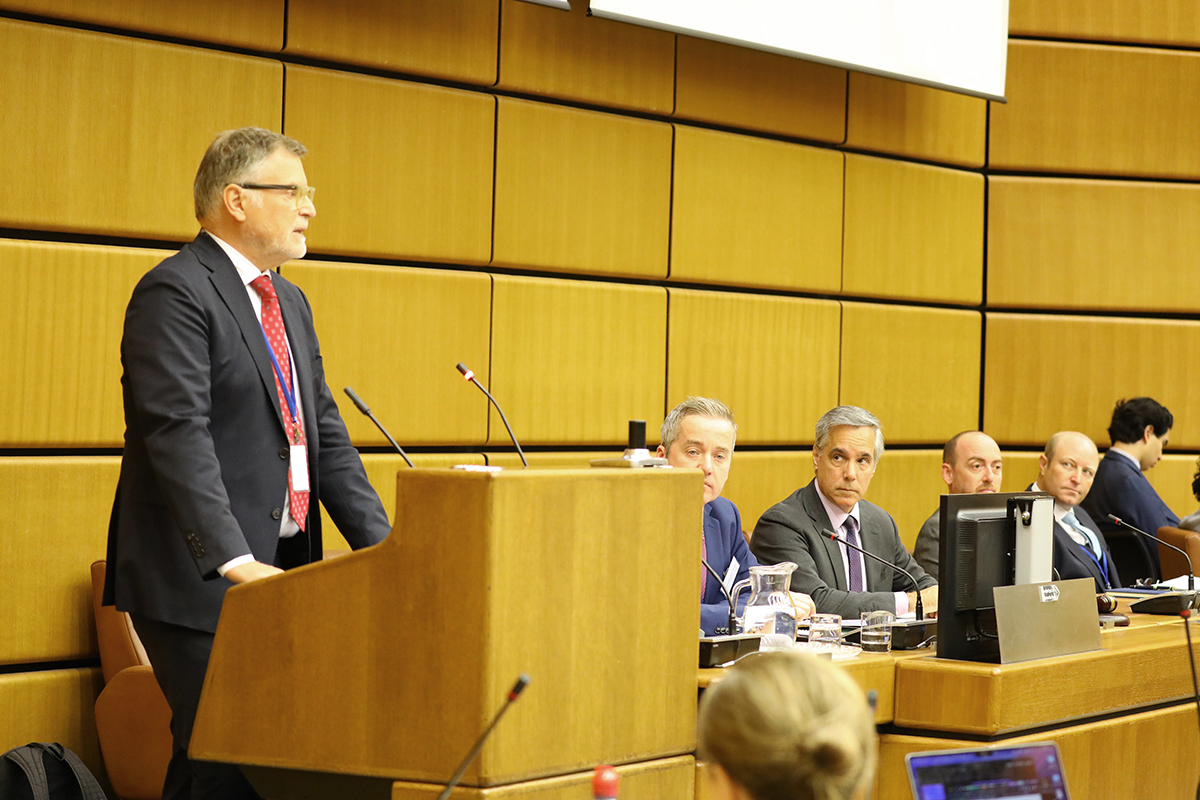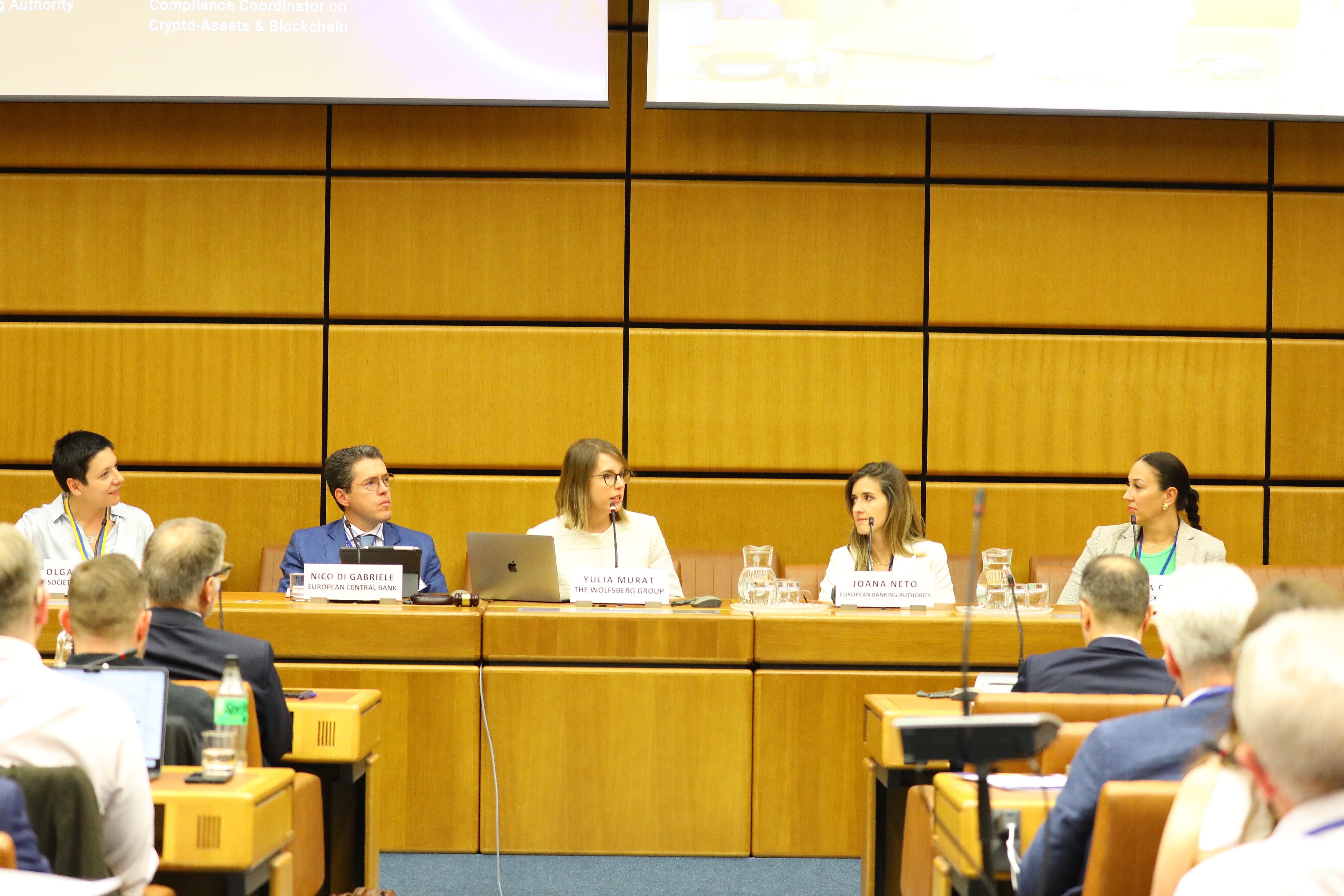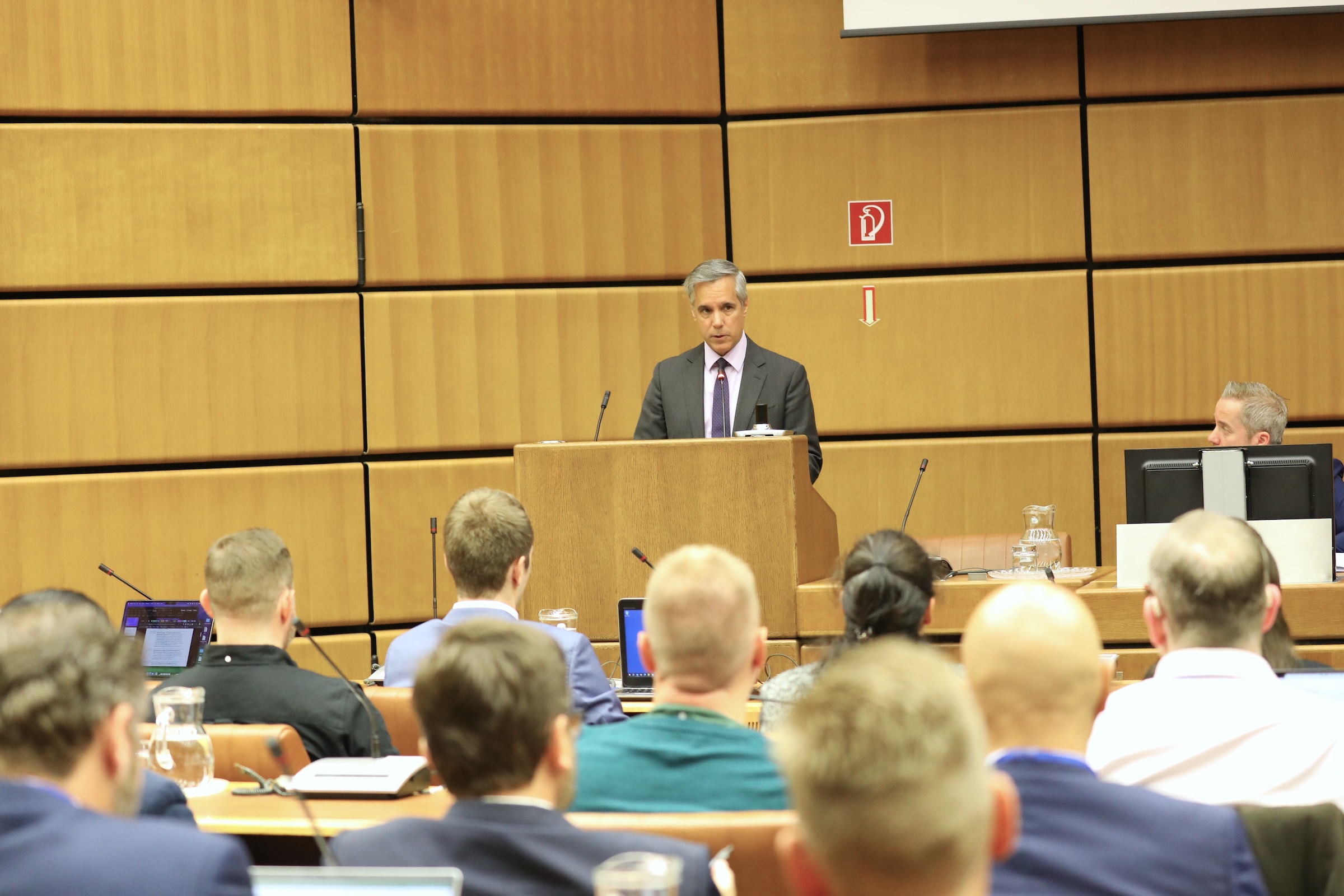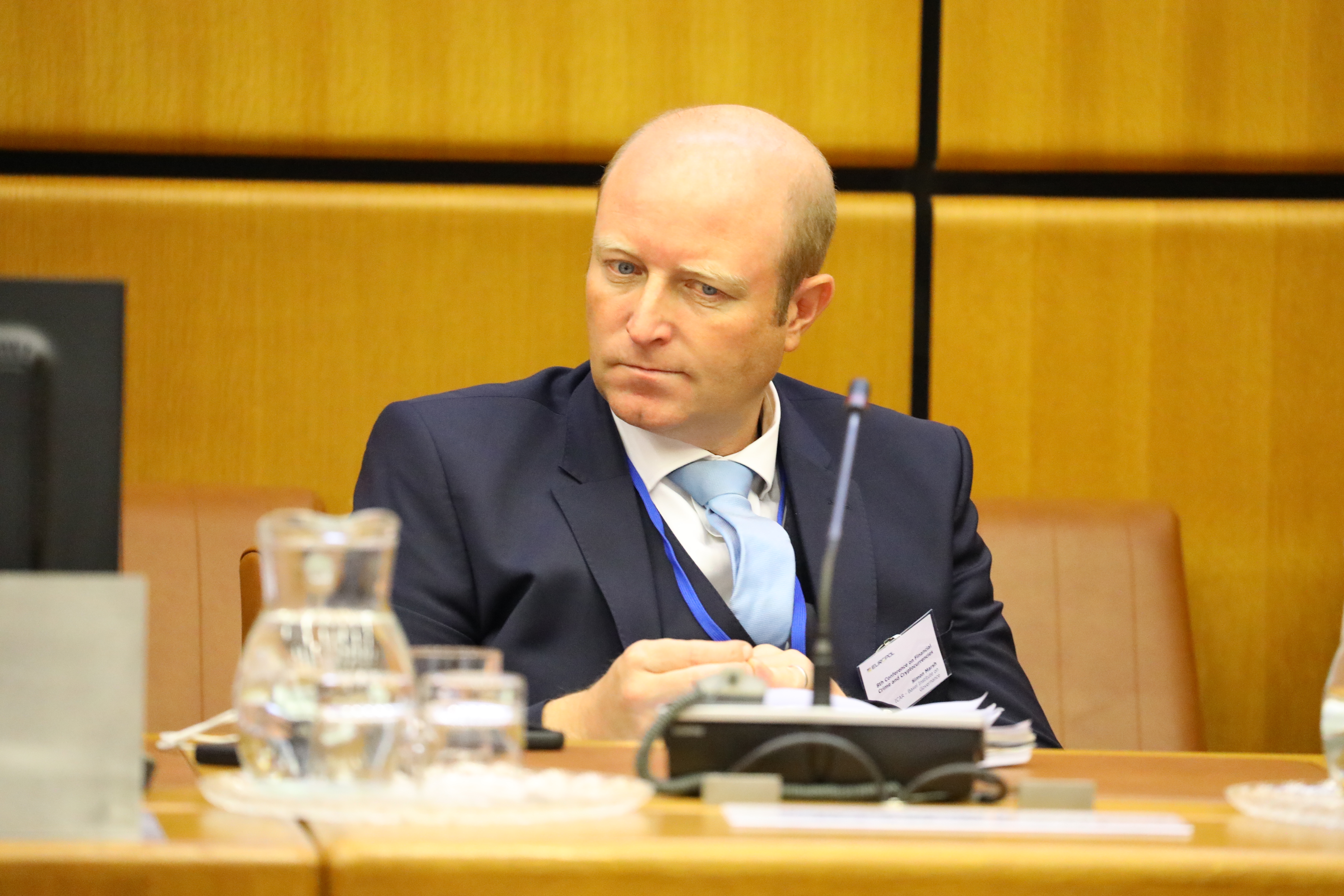Cryptocurrencies and financial crime: a strategic approach to ensure security
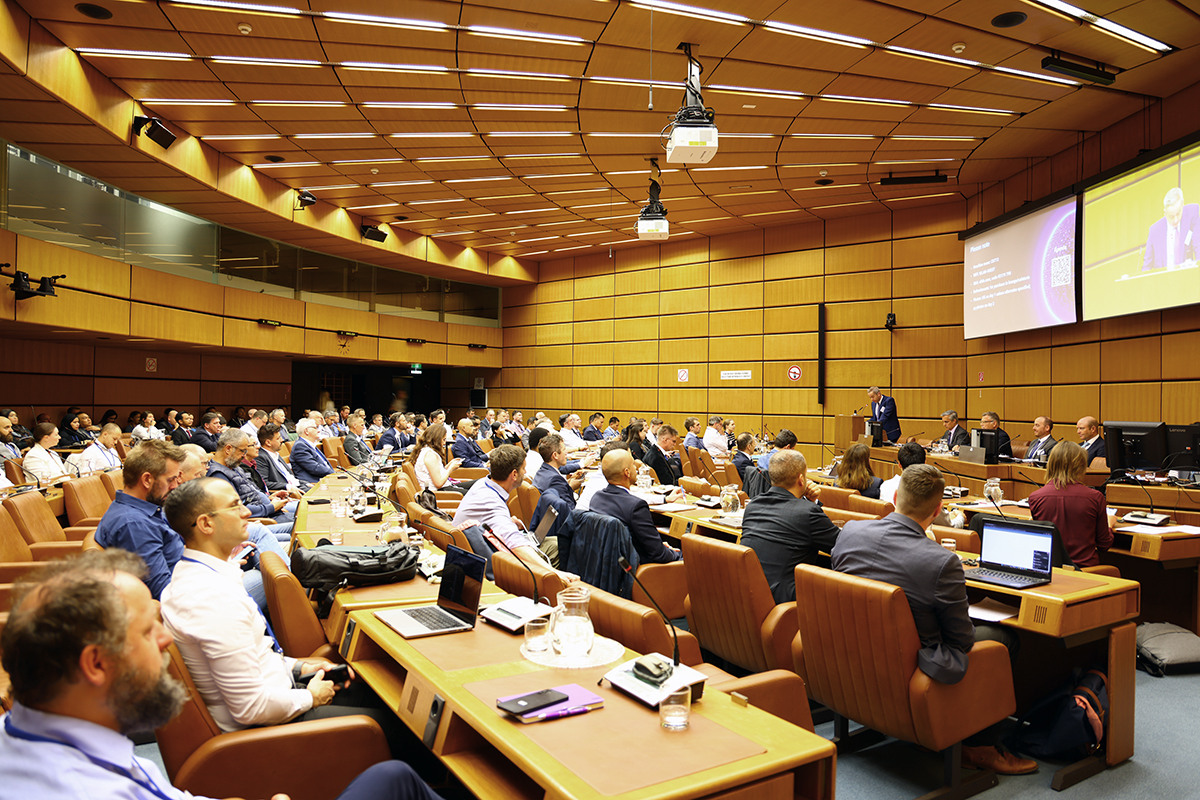
Investing in preventing and combating the misuse of the crypto ecosystem for financial crime is vital to safeguard both national and international security.
This was a resounding message arising from the 8th Global Conference on Criminal Finances and Cryptocurrencies, which concluded on 12 September 2024 after two days of intense discussions and updates from leading voices in the field.
The two-day hybrid conference attracted over 1,000 participants, including key stakeholders from the private sector, law enforcement, government bodies, intergovernmental organisations, academia and civil society.
It was co-organised by Europol and the Basel Institute on Governance and hosted this year by the United Nations Office on Drugs and Crime (UNODC) at its headquarters in Vienna, Austria.
New risks…
The presentations and panels revealed emerging ways in which crypto assets and innovations are abused to facilitate organised crime.
While cryptocurrencies pose no greater intrinsic risk than more traditional assets and value transfer systems, their unique features can be leveraged to facilitate ransomware attacks and other cybercrime, which can affect critical infrastructure and services.
Speakers revealed cases of sophisticated misuse of crypto assets for money laundering, sanctions evasion, terrorist financing and nuclear proliferation, each carrying significant implications for both national and global security.
…joint solutions
The conference also showcased how law enforcement agencies are working collaboratively with crypto asset service providers, blockchain analysis firms and specialist asset recovery and management agencies to fight back.
Emphasising the value of such events, Burkhard Mühl, Head of Europol's European Financial and Economic Crime Centre (EFECC), commented:
”With events such as this Global Conference and the gathering and interaction of so many professionals and experts, we remain at the forefront of providing an appropriate response to the emerging financial crime risks and threats posed by the misuse of crypto assets. Europol will continue to support criminal investigations with all our capabilities and work with our partners to ensure that criminals are brought to justice.”
These public-private collaborations have enabled officers to trace illicit crypto transactions across multiple blockchains before ultimately seizing the funds, de-anonymising the perpetrators and often being able to return significant quantities of crypto assets to victims.
John Brandolino, UNODC Director, Division of Treaty Affairs, emphasised that:
“Multilateral collaboration is essential to dismantling the finances of criminal organisations and terrorists. UNODC fully supports and promotes efforts to collectively strengthen our ability to prevent and counter the criminal misuse of crypto assets, which in turn contributes to overall global security”.
Meanwhile, more stringent regulations in the European Union and other jurisdictions are starting to bring the crypto ecosystem firmly into the regulated sphere. If implemented effectively, they will provide a robust framework for law enforcement and asset recovery while also setting clear guidelines for private-sector entities and supervisors.
A strategic priority
Investing in capabilities and effective measures to prevent and combat the misuse of the crypto ecosystem for financial crime should be a strategic priority across all sectors. Iker Lekuona, Director of the Basel Institute’s International Centre for Asset Recovery (ICAR), said:
“In our work assisting with major transnational corruption and asset recovery cases, we see how money launderers and other criminals systematically target weak links in the chain. All institutions involved in detecting and investigating financial crimes and in recovering assets need to build their capacity to work on crypto-related cases.”
Mr. Brandolino added:
“Tackling illicit profits has consistently proven to be one of the most effective strategies for disrupting criminal organisations and preventing the misuse of cryptocurrencies for illegal purposes”.
As emphasised in the joint Europol–Basel Institute recommendations published earlier in 2024, this includes investing in research and innovation, capacity building and cross-border, multi-stakeholder collaborations.
Joint learning and collaborations
Peer learning opportunities like this Global Conference series are vital to advancing all of these areas. They are a key element of the strategic approaches of all three partner organisations for this conference, including Europol’s 2023 Delivering Security in Partnership strategy and the Basel Institute’s strategic pillars of building coalitions and catalysing joint learning.
Learn more
- View a selection of presentations on YouTube.
- See 2024 joint recommendations: A race against time: Europol – Basel Institute on Governance recommendations on preventing and combating the criminal use of cryptocurrencies

